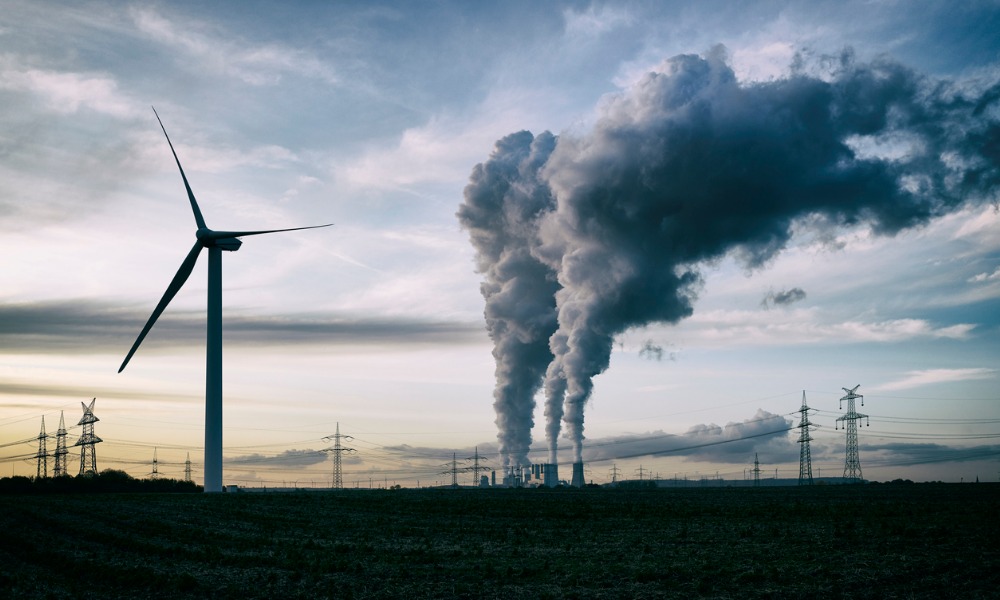Investors want better data to clarify the risk of not acting to mitigate climate change impact

Climate change is returning to the top of the agenda after being overshadowed by the pandemic, but not all investors are on board.
While many are acting to ensure that their portfolios are positioned to mitigate climate change risk, many more are uncertain – or unconvinced – of the size and shape of that risk.
According to new data from Prudential Financial’s PGIM investment management business, North American investors are less likely than European peers to have adapted their portfolios to respond to climate change.
Among institutional investors, only 47% in North America actively incorporate climate change into their investment process, almost half the share of Europeans; despite 90% acknowledging its importance as an issue for their organization.
“North American investors recognize that climate change is emerging as a material factor but are still in the early stages of adjusting their investment processes and allocations to account for this,” says Taimur Hyat, chief operating officer for PGIM. “The big shift in climate change thinking in the US will come when investors recognize that incorporating climate factors into the investment process is essential for optimal risk-return decisions, regardless of whether you tilt towards ESG objectives or not.”
Recently, a Canadian big six bank was under fire for launching an “unambitious” climate change program.
Right thing to do?
While two thirds of respondents in Europe and Asia-Pacific have integrated climate change factors into their processes believing it is the right thing to do, only 1 in 3 of North Americans have done the same.
Data is a key factor that is missing for those that are lagging.
Even for those that are not climate change deniers, a lack of reliable data and analytic models is an issue; fewer than one quarter believe the models are effective.
“The good news is that the trend line shows institutional investors around the world recognize the importance of climate change,” says Hyat. “They are building climate change into their investment processes and creating frameworks for evaluating both the impact of their investments on the climate, and the impact of climate change on their investments.”



